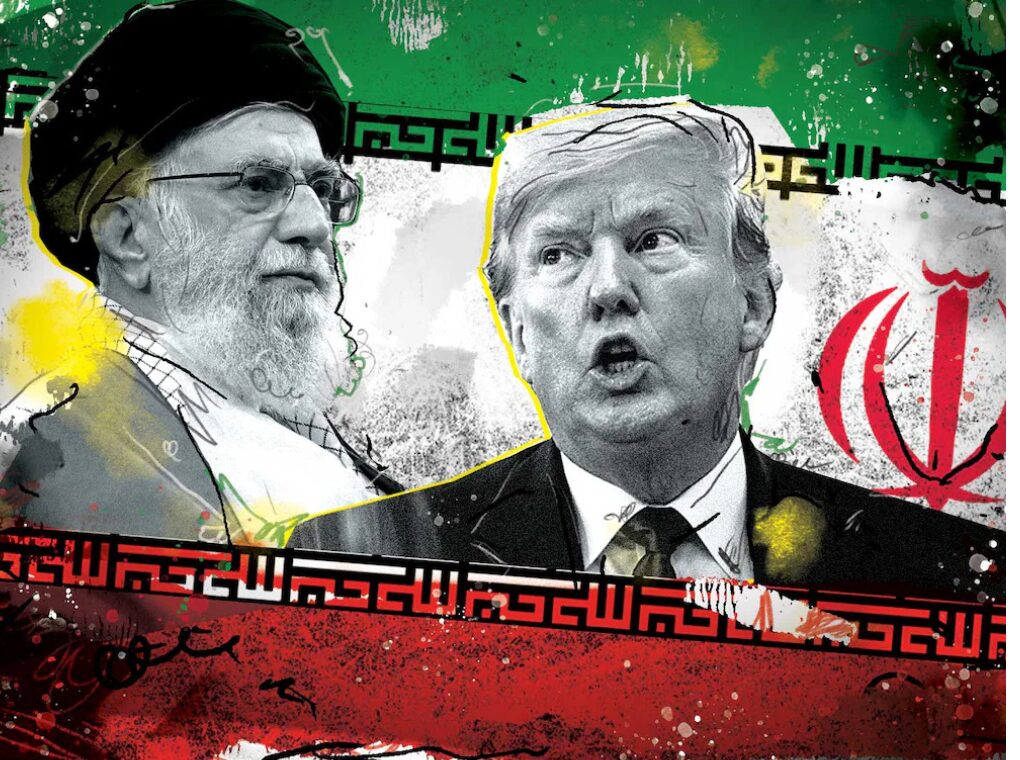The United States and Iran are reportedly preparing to hold direct nuclear talks in Oslo next week, potentially marking a breakthrough in strained diplomatic relations, according to a report by Axios on Thursday.
Citing two unnamed sources familiar with the matter, Axios said that White House envoy Steve Witkoff is expected to meet Iranian Foreign Minister Abbas Araghchi in the Norwegian capital. If confirmed, the meeting would represent the first direct engagement between the two nations since last month’s joint U.S.-Israeli airstrikes on Iran’s nuclear infrastructure.
While neither Washington nor Tehran has officially acknowledged the planned talks, and a final date has not been confirmed, officials quoted by Axios said backchannel communications have been ongoing, especially in the aftermath of the 12-day conflict between Iran and Israel, which ended with a U.S.-brokered ceasefire.
White House officials have declined to confirm the meeting. “We have no travel announcements at this time,” Axios quoted a senior administration source as saying.
Mediation efforts have reportedly included officials from Oman and Qatar, signaling a wider regional push to revive diplomatic engagement after months of rising tensions.
Nuclear Stockpile and Facility Damage at the Heart of Talks
At the center of the expected discussions is Iran’s growing stockpile of highly enriched uranium, estimated at around 400 kilograms enriched to 60% purity. According to the report, the uranium remains sealed inside Iran’s key nuclear sites at Natanz, Fordow, and Isfahan — all of which suffered extensive damage during last month’s airstrikes.
While the stockpile is currently inaccessible, U.S. and Israeli officials cited by Axios warn that Iran may be able to retrieve the material once debris is cleared and repairs begin.
Iran Limits IAEA Cooperation
In a parallel move likely to complicate international oversight, Iran this week began enforcing a new parliamentary law suspending all cooperation with the International Atomic Energy Agency (IAEA). The decision comes amid mounting scrutiny of Tehran’s nuclear ambitions and growing mistrust between Iran and Western powers.
Foreign Minister Araghchi announced on social media that while Iran remains a signatory to the Nuclear Non-Proliferation Treaty (NPT) and the IAEA Safeguards Agreement, all future cooperation with the IAEA will now be managed by Iran’s Supreme National Security Council due to “obvious safety and security reasons.”
Shift in Tehran’s Diplomatic Posture
Following last month’s conflict and airstrikes, Iran initially resisted any overtures toward renewed dialogue with Washington. However, sources say Tehran’s stance appears to have softened in recent weeks, with both sides reportedly exploring possibilities for engagement.
Israeli media outlet Channel 12 was the first to report on the potential U.S.-Iran meeting in Oslo.
While many details remain uncertain, any direct contact between the U.S. and Iran could mark a significant shift in the geopolitical landscape of the Middle East
